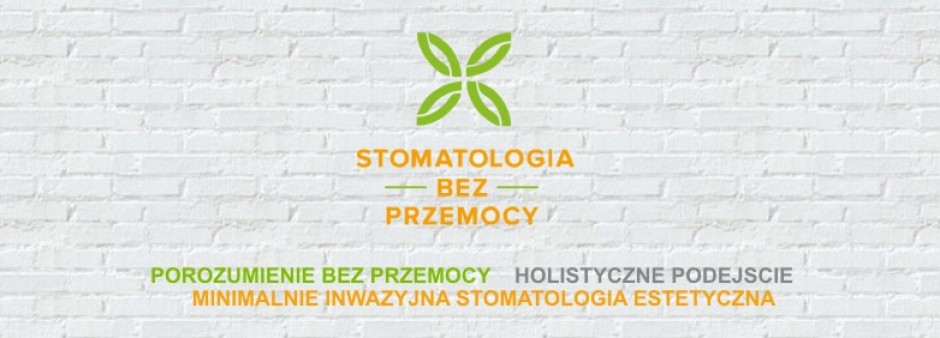Parent?s and physician?s words have great power.
A very important issue in the children treatment is cooperation between the doctor and the parents. It is so important because the vast majority of cases the child?s joy or dissatisfaction connected with a visit to the dentist does not have anything to do with the visit itself. It is rather the case that young children imitate the parents behavior. If a parent has doubts before the visit, is anxious, feels uneasy, expects pain, is nervous or excited, the child will share these emotions, even though the parent is likely to be trying to suppress their emotions. However, the child senses and copies them. In other words, a child interacts with a parent in a competent way, sending the message that can be translated as follows: “Dear Mom/Dad, something between us is wrong – something is unclear. You’re telling me that it will be nice and say that I have to be brave but you are scared and hardly holding on. You?ve been telling someone (yes, I heard it) that you do not like going to the dentist, that you cried and screamed because it hurt. You have to know that I feel this discrepancy, and I assume that you will take responsibility for solving this problem so that we can both feel better”. This kind of communication means crying, resistance, manifesting fear, distance. But if you ask a parent of a crying and frightened child whether their child cooperates, most likely you will hear that they do not. This is because the parent?s concept of cooperation involves the ability to adapt. It assumes that the child should bear the fear without crying. Children always show ? though they are not aware of this – a conflict that does not allow them to achieve real harmony. I want parents to understand that children’s protest is not directed outwards, against another person (parent/physician), but to the inside – to themselves (rebellion against the loss of integrity). It is an expression of their feelings. It is important that we do not answer the children’s reaction personally, and do not give them the feeling that they are acting wrongly by showing these feelings. However, it is equally important that we do not yield to this crying because of our sensitivity or laziness. Conversation full of respect for the feelings, the discussion can help child to come to terms with the inevitable.
Child?s frustration and despair does not mean that we are bad parents, nor are they a sign of selfishness or lack of loyalty on his part. It’s a way to express the will of the children, a manifestation of their desire to live with us in harmony. It is also vote of confidence for us – trust that we want to be with our child, even when they are upset. One has to remember that the parent is the primary source of support for the child.
My role is to perform the surgery in a proper dental way and do not undermine the integrity of the child. Gradually convincing to each other, we gain confidence by respecting each other?s boundaries and feelings. What we need, however, is parents? co-operation. As a doctor, I can be responsible only for the quality of the work of my hands. Small children have no reason to be afraid of the dentist. This is only the adults who teach them to be afraid. Parents talk to each other about traumatic experiences after the visit, about their fears related to the child’s first visit because they recall their own visits when they were children. The children do not know that it can expect pain, until they hear “-Do not worry, it will not hurt.” And the pain may in fact never come.
Please do not publish pictures and text from this website as your own. It is against the law. Act of 4 February 1994 on Copyright and Related Rights (Journal of Laws of 1994 No. 24, item. 83).



